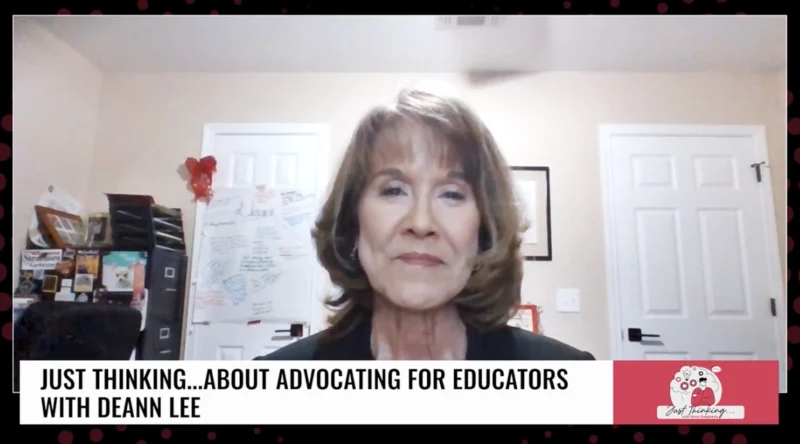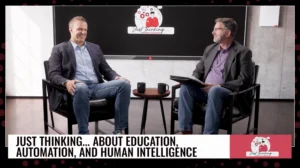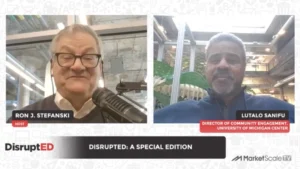Pearson Study—There’s No Unplugging from Online Learning
Pearson today released the results of its second Global Learner Survey, an annual study capturing the voice of learners worldwide. The findings show learners believe there is little likelihood of ever returning to the pre-COVID world of fully in-person work and learning, with more than 75% saying the pandemic has fundamentally changed education as we know it. While learners come to terms with this new reality, they also are pushing for schools and government to address inequity and rushing to gather the digital skills that will help them adapt to the new economy.
Pearson conducted the study with Harris Insights & Analytics to give learners in seven countries the opportunity to voice their opinions on primary, secondary and higher education, and careers and the future of work during the pandemic. More than 7,000 people, ranging in age from 16 to 70, participated in the poll. Now in its second year, the survey is the most comprehensive and wide ranging global public opinion survey of learners.
“As learners adjust to a world forever altered by pandemic, they understand that the future of work and learning is now a dynamic mix of online and in person experiences,” said John Fallon, chief executive of Pearson. “While they learn and work online, people are learning to move forward in new ways that can help them seize opportunity, no matter what the future holds.”
The Global Learner Survey’s top findings include:
- Learners see COVID-19 driving a revolution in the way they learn and work. 88% of learners globally say online learning will be a permanent part of primary, secondary and higher education moving forward. 77% of people say that the pandemic has permanently changed the way that people work, with 90% of people globally now saying that people will need to be more comfortable working remotely and in highly digital environments. Globally, 82% of people say that new kinds of jobs will arise from the pandemic and almost ¾ of people are rethinking their own career path because of COVID-19.
- As the fall semester starts, there is skepticism about universities-especially when it comes to bringing students back to campus. 77% of people globally and 75% of Americans think reopening universities is vital to a healthy economy. But they are conflicted about how to do it safely, with 62% of people globally and 64% of Americans saying colleges and universities are risking the lives of students by reopening in the fall. While 60% globally say you need a degree for success in life, 64% of people globally still see universities as out of touch with students and 73% perceive that they put profits above students.
- Even with the massive COVID-19 disruption, trust and confidence in education systems is on the rise. Having witnessed the heroic response of educators to the pandemic, two-thirds of people across the world said their education system did a good job adjusting to the pandemic. At the same time, an increasing number of people globally say that the education systems in their countries are providing a quality education for all-54% globally in 2020 vs 49% in 2019. This year, even more people rate their country’s primary, secondary and higher education systems as great or good compared to other countries. The notable exception to this is Brazil, the only country in the survey where faith in the education system declined in 2020.
- Learners expect education systems to do more to address inequality. Even though learners still believe that education delivers opportunity, they worry that opportunity isn’t equal. 70% globally believe that the pandemic will deepen education inequality, especially among young students. 88% want schools to do more to address equity issues. In the US, 71% of people say that the pandemic has made them more likely to support student loan relief or government funded free-tuition programs.
- If online is here to stay, learners want it to be better. 88% of learners globally want educational institutions to maximize learning through technology, but 67% say that education institutions are less effective at using technology than other industries such as healthcare or banking. Given the choice of how to invest in public education, providing technology for underserved learners and ensuring schools are better prepared for online learning were the top priorities for learners in every country surveyed.
- The rush is on to build better digital skills that will sustain people through the pandemic and beyond. With more than half of respondents in need of education because their job status has changed, 89% say people will need to develop better digital skills-like virtual collaboration and data analysis-to move forward in this economy. 77% of people say that working remotely has taught them they need different skills than working in an office. Around the world, 71% of people intend to keep working remotely in the future.
To view the findings of the Global Learner Survey, including full findings for the US visit: go.pearson.com/global-learner-survey









